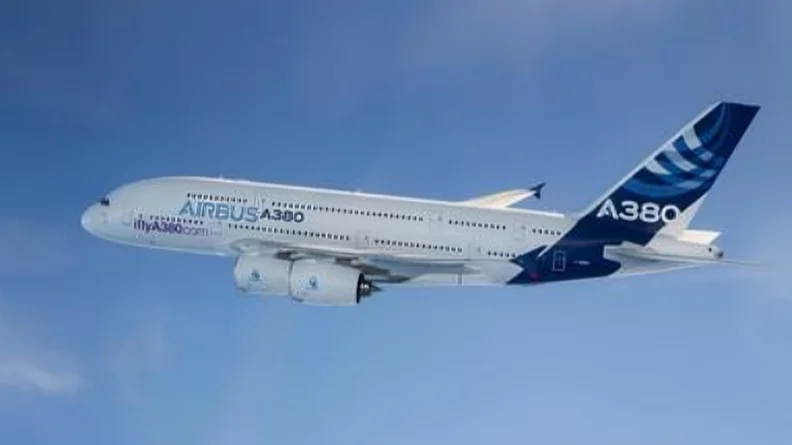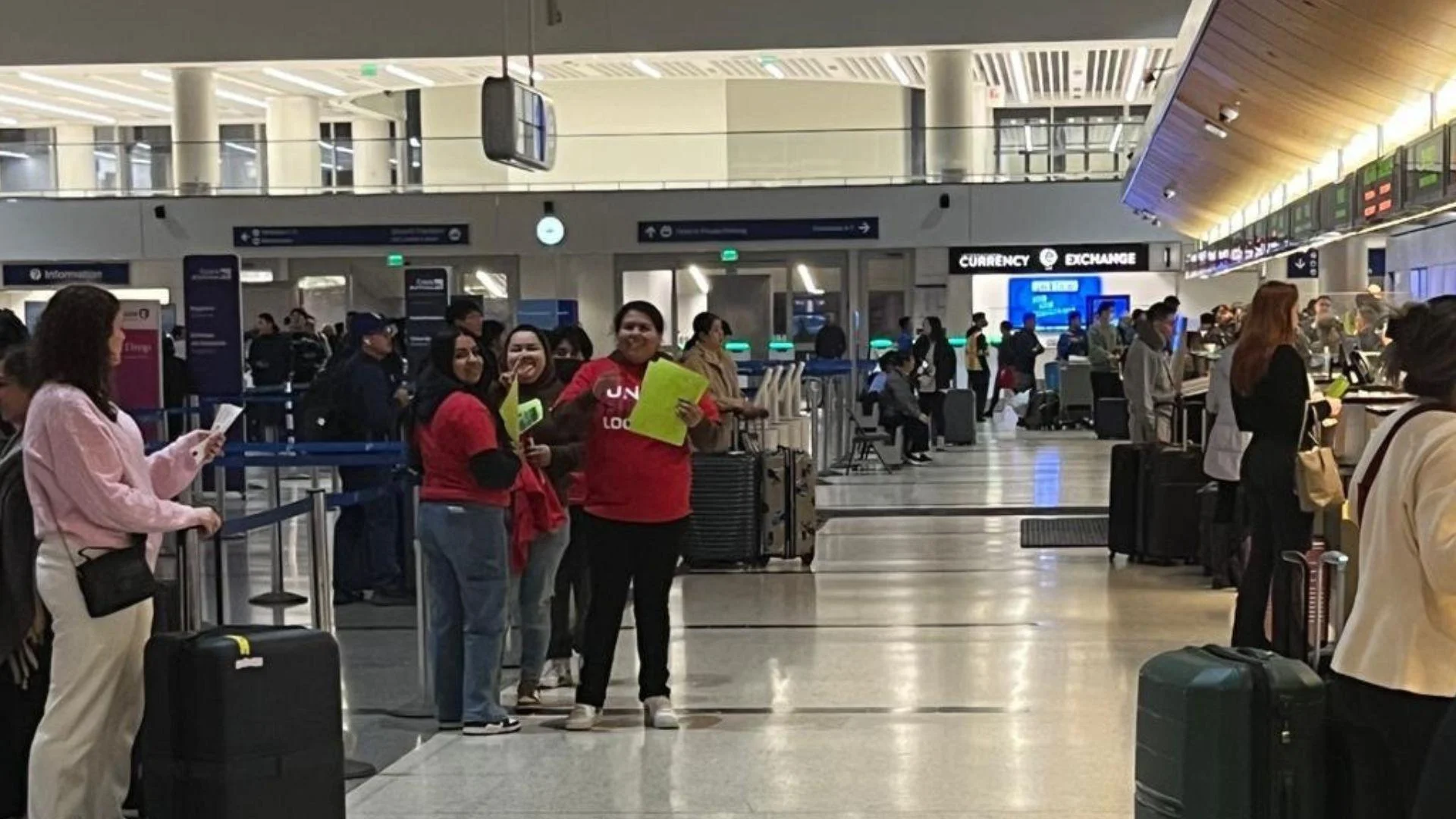The Boeing 777X is set to replace the A380 on many high-capacity routes. The new model is designed to offer capacities exceeding 400 passengers and will be available in two variants: the Boeing 777-8 and 777-9. The first commercial entry for the larger 777-9 is expected in 2026, followed by the 777-8 in 2027.
A notable feature of the Boeing 777X is its use of General Electric GE9X engines—the most powerful commercial aircraft engines built—delivering over 100,000 pounds of thrust. These engines incorporate advanced materials such as ceramic matrix composites and composite fan blades for improved efficiency and reduced emissions. The GE9X engine received certification from the US Federal Aviation Administration (FAA) in 2020 after an extensive testing program.
The Boeing 777X also introduces folding wingtips—a first for commercial aviation—which allow it to maintain a large wingspan during flight but reduce it while on airport grounds. This innovation addresses infrastructure limitations that previously required airports to modify facilities for larger planes like the A380.
Major airlines have placed significant orders for the Boeing 777X. Emirates leads with orders for both variants totaling over 200 aircraft. Other customers include Qatar Airways, Korean Air, Cathay Pacific, Singapore Airlines, Lufthansa (the launch customer), Etihad Airways, British Airways, All Nippon Airways (ANA), and China Airlines.
Korean Air’s CEO Walter Cho commented on their partnership with Boeing: “For over 50 years, Korean Air and Boeing have built a relationship based on trust and mutual growth. Today, we further strengthen our historic relationship with this landmark order. We look forward to continuing our journey with Boeing as our trusted partner in innovation and excellence.”
The development of the Boeing 777X has faced several delays since its original projected entry into service around 2020. In April 2022, delivery estimates shifted to begin in 2025 due to certification requirements and regulatory changes heightened by previous safety incidents involving other Boeing models such as the 737 MAX and 787 Dreamliner. Technical issues surfaced again in August 2024 when cracks were found in thrust links connecting engines to wings during inspections; this led to grounding test fleets until solutions could be implemented.
Additional factors contributing to delays included increased regulatory scrutiny and labor disruptions at Boeing’s manufacturing sites.
Lufthansa will be the launch customer when commercial operations begin in 2026; they plan to equip their first delivered aircraft with Allegris cabin interiors before deploying them on scheduled services. The airline expects these new jets will replace older models such as its remaining Boeing 747-400s and Airbus A340s.
 Alerts Sign-up
Alerts Sign-up




































